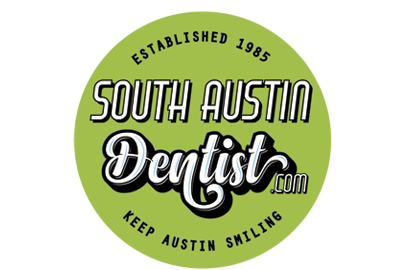Wisdom teeth usually erupt in the late teens or early twenties. Often, they come in at the wrong angle and can cause serious dental issues. Sometimes they remain impacted, which can lead to potential infection. For this reason, many people have their wisdom teeth removed. Dr. Steven Van Wicklen, your South Austin dentist, wants to know just how wise you are about wisdom teeth.
How Wise Are You?
Q1. True or false – Partially erupted wisdom teeth should be left alone.
Q2. True or false – Wisdom teeth are unnecessary in modern times.
Q3. True or false – Third molars are called “wisdom” teeth because you are considered to be of a wise age when they erupt. (more…)







